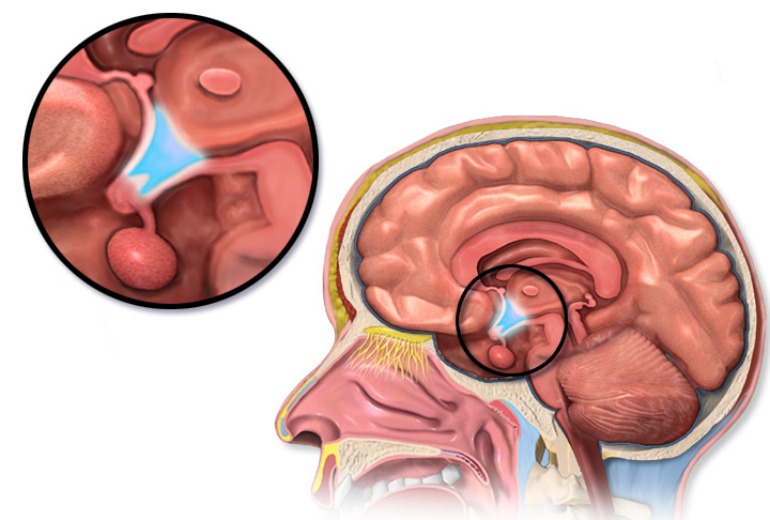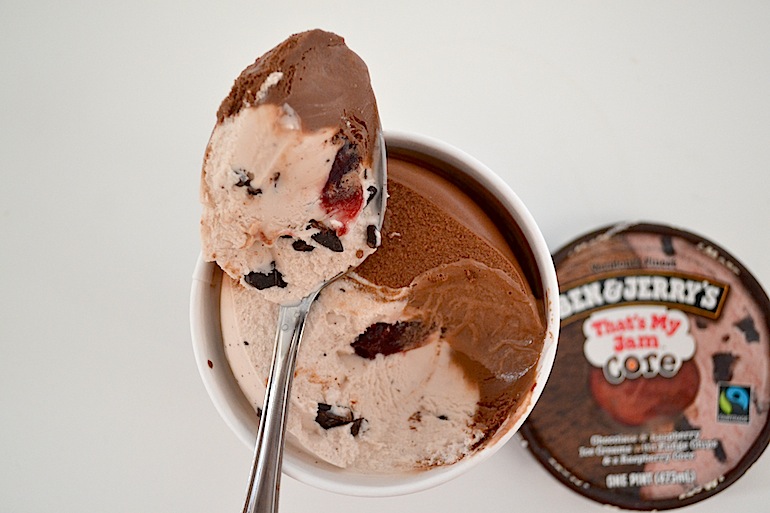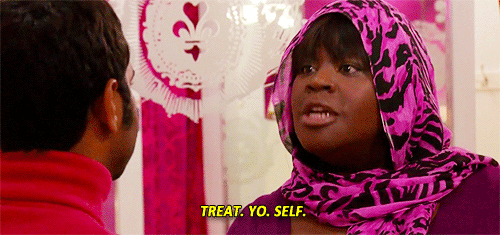You’re lying on your bed, just having answered your drunchies with Taco Bell and a box of Oreos, and feeling like death. Although science explains your post-drinking cravings, you still hate yourself for eating all that. You’re angry not only because you feel gross and greasy but because you’re scared of getting fat. Well, that intense shame and regret is actually encouraging your body to put on weight.

Photo courtesy of Blausen Medical on wikipedia.org
According to this article in the Institute of Psychology for Eating (rejoice, psych majors – such a thing exists!), your metabolism is greatly influenced by your state of mind. The key player in this is the hypothalamus, the part of your brain that harmonizes mental inputs, such as those from your senses and emotions, with biological functions and processes like body temperature and hunger. When you enjoy your food as you’re eating it, your hypothalamus releases pleasure signals that stimulate your digestive organs, activating them to thoroughly break down and burn the calories of the food.
However, if you feel bad about what you’re eating, the hypothalamus will transmit negative signals. This negativity effectively discourages metabolic activity, slowing digestion and causing your body to store more calories as fat rather than burning them as energy. So, chiding yourself with thoughts like “this is going to make me so fat” while eating is somewhat of a self-fulfilling prophecy.

Photo by Amanda Schulman
It’s also important to note that all mental stressors can have this effect on your metabolism, not just food guilt. That pint of Ben and Jerry’s will be less efficiently metabolized if you’re crying over an ex while eating it. Appreciating the ice cream in a positive state of mind, though, means it won’t linger in your body as long or generate as much fat.
Moralizing food choices by excessively judging food as ‘good and bad’ is detrimental not only to self-esteem but also to natural biological function. Your body wants you to love food, not to see it as a source of shame. Making healthy choices is just as important as treating yourself, so ditch the diet and strive for balance. Feeling unhappy for eating food that you love just doesn’t make sense.

GIF courtesy of buzzfeed.com


